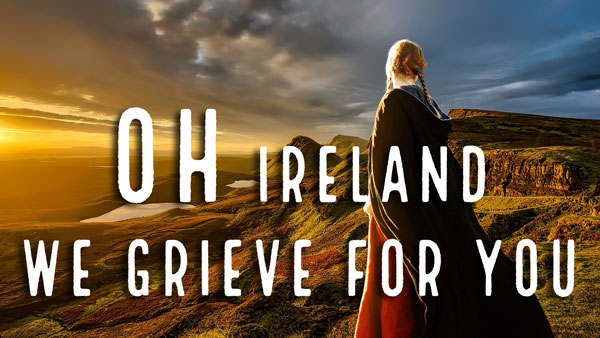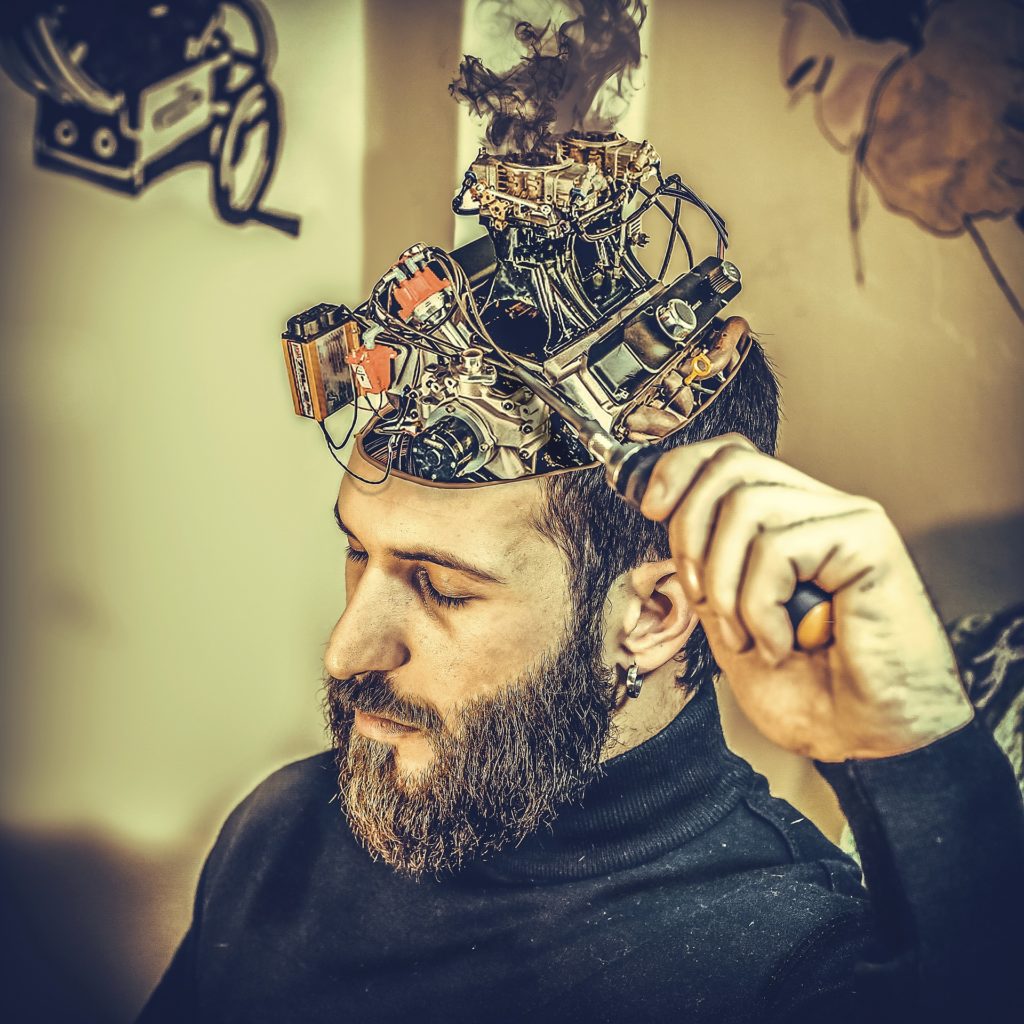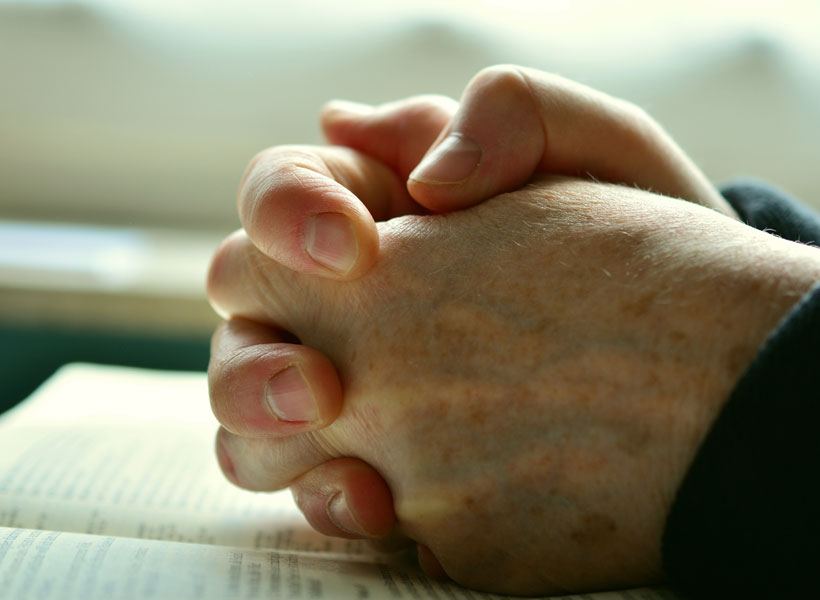 Ireland has voted to sweep aside generations of faithfulness to God’s 7th Commandment, do not kill. This month, citizens of the island Republic voted decisively to repeal the ban on abortions, adding to their slide toward liberalism.
Ireland has voted to sweep aside generations of faithfulness to God’s 7th Commandment, do not kill. This month, citizens of the island Republic voted decisively to repeal the ban on abortions, adding to their slide toward liberalism.
Left wing populism is on the rise all over Europe. Irish Prime Minister Leo Varadkar said, “This has been a great exercise in democracy, and the people have spoken and the people have said: We want a modern Constitution for a modern country, and that we trust women and that we respect them to make the right decisions and the right choices about their own health care.”
When God blessed Noah and his sons, He said to them “Be fertile and multiply and fill the earth.” He did not say, “fill the earth until such a time that you decide there are enough children in the world, or when your women are able to make their own decisions and choices.” No, God made a covenant with them and sealed it with a rainbow—between Him and every mortal being on earth.
What is sad is that only 64% of Irish citizens cared enough to turn out to vote leaving nearly two-thirds of voters willing to repeal their constitution’s Eighth Amendment—largely because of Savita Halappanavar, a 31-year old dentist who died from sepsis during a protracted miscarriage after being denied an abortion at a Galway hospital in 2012. Pro-choice advocates claimed that her life could have been spared had Halappanavar received the abortion she wanted.
Ireland’s first openly gay Prime Minister called it a “once in a generation vote.” He hopes to capitalize on the momentum of the vote to extend the time allowed to receive an abortion from the first 12 weeks of pregnancy to later terms. Ireland voted for same-sex “marriage” in 2015.
Reporters boasted that the vote is a “rejection of an Ireland that treated women as second-class citizens” adding that “this is about women’s equality.” If we are all created equal under God, then the yet-unborn child in his or her mother’s womb had equal rights, including the right to life.
The argument pits child against mother. How tragic that the unborn is the enemy of the mother. How more tragic is a world that believes passing laws disrespectful of human life is somehow more advanced, more fair, more compassionate.
The only moral direction possible is to leave life and death in the hands of a loving God, and to consider that the only way we can actually protect a woman’s rights is by enforcing laws that also protect an unborn child’s right to life.
 A financial steward must be able to judge wisely and objectively, while a fiduciary needs only to confirm to a uniform fiduciary standard. We believe that there’s a wide gap between being qualified to guide a client toward good decisions, and being competent to stand up for and speak out about unethical or illegal behavior.
A financial steward must be able to judge wisely and objectively, while a fiduciary needs only to confirm to a uniform fiduciary standard. We believe that there’s a wide gap between being qualified to guide a client toward good decisions, and being competent to stand up for and speak out about unethical or illegal behavior. While Uncle Frank’s blessing placed as much “thought” on our table as did Mom’s cooking, Thanksgiving has never been the same for me since. I’m grateful for the holiday because it causes me to slow down, stop and be thankful for what we have…and to remember that because of our faith we have, and must give, so much more.
While Uncle Frank’s blessing placed as much “thought” on our table as did Mom’s cooking, Thanksgiving has never been the same for me since. I’m grateful for the holiday because it causes me to slow down, stop and be thankful for what we have…and to remember that because of our faith we have, and must give, so much more.